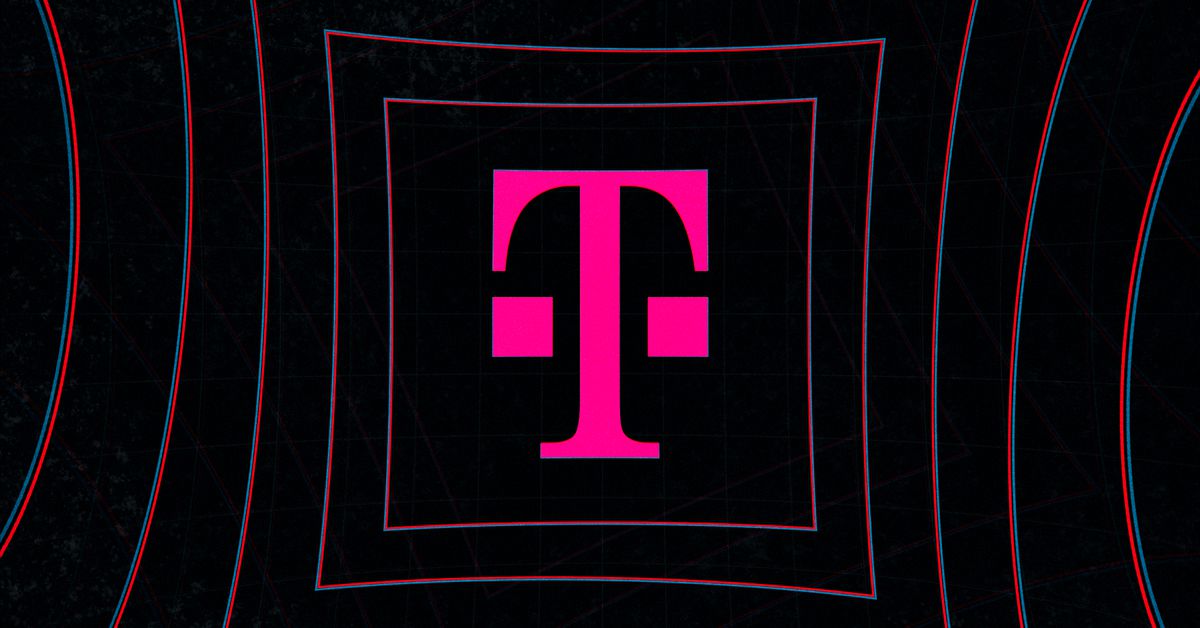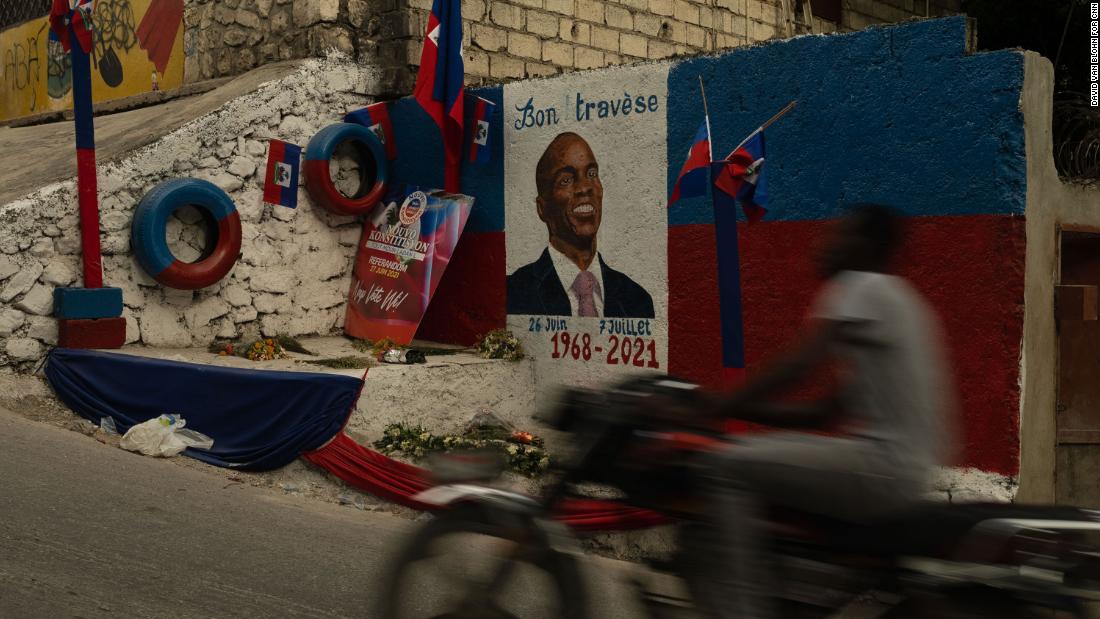Q&A: Rob Rapley On His New PBS Doc and Demystifying The Lie Detector
"The Lie Detector: A Truly Unbelievable Story" is the latest in the PBS American Experience documentary series. In conversation with TCR, director Rob Rapley discusses his process, how media shaped our understanding of the lie detector and the theme of 'unintended consequences' in his work.

As part of their American Experience series, PBS released the documentary, “The Lie Detector: A Truly Unbelievable Story,” last week. The film goes through the history of the lie detector from its conception in 1921 to the present day, and documents how well-meaning intentions to use the lie detector as a crime-fighting tool were twisted into its use as a gauge of morality or loyalty and as a tool of intimidation.

Rob Rapley
Writer and director Rob Rapley produced the film with Emily Harrold through Rapley’s production company Apograph Productions.
Rapley spoke to The Crime Report about the film, the checkered and not-so-distant past of the lie detector and the technology’s historical impact. Rapley has produced multiple episodes of the PBS series American Experience, including a recent documentary called “Voice of Freedom” about singer and civil rights icon Marian Anderson.
THE CRIME REPORT: From looking at some of the projects you have done like other American Experience documentaries, it seems like having a lot of new information you need to learn for a project is probably not foreign to you.
RAPLEY: No, that’s the job you know, learning a subject usually from scratch and turning out the film in nine or 10 months or so. I’ve done several science films and you know, one of the recurring themes is these tales of unintended consequences.
TCR: So, was the process of learning about the lie detector, different from past projects in any way?
RAPLEY: The basics are always the same. But every project has different twists. My main interest is in history so I’m usually doing subjects that have a beginning and an end at some point in the past, the lie detector is different in that it’s still very much a contemporary device. It has evolved a lot, but there’s a very clear line from 1921, to the present.
TCR: Was there anything that you found while making the documentary that surprised you about the impact of the lie detector?
RAPLEY: Absolutely. I did not realize just how widespread [the lie detector] is now. I assumed that this was something that was over and was no longer in circulation, but that is hardly the case.
Although it has been banned from the courtroom since the 1920s in all but very few cases, it is very widespread in law enforcement and national security.
TCR: What did you learn about the general public knowledge of the lie detector and its history?
RAPLEY: Probably the most powerful aspect of the lie detector is its reputation and that is because of media. The way that it was portrayed ever since like the Dick Tracy comic introduced it to the public in the 1930s, it has been kind of a staple of crime shows and entertainment and politics. In almost all of those representations, the lie detector is portrayed as being almost infallible.

A man conducting lie detector test on a woman in Chicago. Photo from the National Center for Credibility Assessment.
And so for most people who don’t really have any cause to think about the lie detector, when they are confronted with one, often in a kind of stressful situation, they fear it. They think that their innermost secrets are open to being read by the interrogator.
And so the media portrayal of the lie detector has played a huge, huge role in its evolution. if you kind of removed that media factor from the history of the light detector, it would be a very different story. Once you start kind of keeping an eye out for it, you’d be amazed at how often it comes up.
It’s banned from the courtroom and most businesses aren’t allowed to use it on their employees anymore, that used to be a very common thing. You still see it very often at the border agency, for example, everybody there has to pass a lie detector test, the CIA, all these national security agencies use it too.
You’ll also see it from celebrity trials, there is often somebody who’s accused of something that the public is watching, [and someone] will offer to take a lie detector test to prove their innocence. I just came across a little article the other day from 2018 or so in the Washington Post when a piece appeared in the New York Times that was written critically of Donald Trump and was anonymous, it seemed to be written by an insider. Mike Pence offered to take a lie detector test to prove that he hadn’t written it.
TCR: So it’s not just the general public that has something to learn from the history of the lie detector.
RAPLEY: No, not at all. I think because it is so common, it’s very important for people to know about it. A child psychologist contacted me after the broadcast and this is actually in Canada, her problem is that she deals with young people who’ve been abused and a child will testify against his or her father, for example, or I don’t know if testify in court, but will, you know, accuse him of abuse and the Royal Canadian Mounted Police, will interview the father on a lie detector. If he passes, he gets custody. That’s unbelievable. Even the most ardent supporters of the lie detector, I don’t think would advocate that kind of use, but that’s an official procedure. It’s [the lie detector] used all over the place in kind of troubling ways.
TCR: I know this documentary leans heavily on historians but was there any coordination or fact-checking that had to be done with law enforcement entities?
RAPLEY: It’s a history series, the American Experience and so the program really ends with the passage of the Polygraph Protection Act in the late eighties, that’s when it was banned from businesses and kind of the heyday of the lie detector ended.
So I don’t really pass judgment on the program or cover really contemporary use of the thing, that’s just beyond me and the scope of the series. There is a gentleman who runs a polygraph school in Texas, he was one of the academics who reviewed the film for accuracy but no, I didn’t deal with law enforcement directly because we weren’t talking about contemporary law enforcement.
TCR: So after this project, are there any other places in the space of the lie detector or law enforcement that you’re still hoping to explore more?
RAPLEY: Not immediately. I’m kind of moving on to a project about the OSS (Office of Strategic Services), kind of the predecessor to the CIA and its role in the Second World War. Eight years ago or something, I did a project about the first toxicologists in the United States, two men who worked at the New York coroner’s office in the 1920s and thirties, that was called the Poisoner’s Handbook. So, you know, I will occasionally touch on various aspects of criminology, but it’s not a given thing.
TCR: Is there anything else about this documentary and the lie detector that you’d like people to know?
RAPLEY: Just that people will kind of look at the lie detector and they’ll feel strongly one way or another. But of course, the lie detector itself is value-neutral. It’s what people bring to it. And it’s, as I say in the program, it’s proven to be tragically prone to abuse, but there’s nothing inherently wrong with it. It’s just when it’s used, for example, to send a kid who’s been abused back into the custody of an abusive parent, that’s a problem. It’s not the lie detector’s fault, it’s the people who are using it.
“The Lie Detector: A Truly Unbelievable Story” can be streamed online and on PBS.

 Landwebs
Landwebs 
















/cdn.vox-cdn.com/uploads/chorus_asset/file/24430706/elon_musk_twitter_for_you.png)



